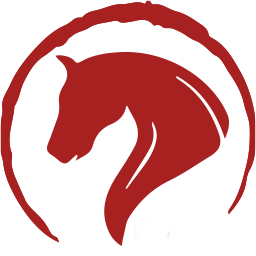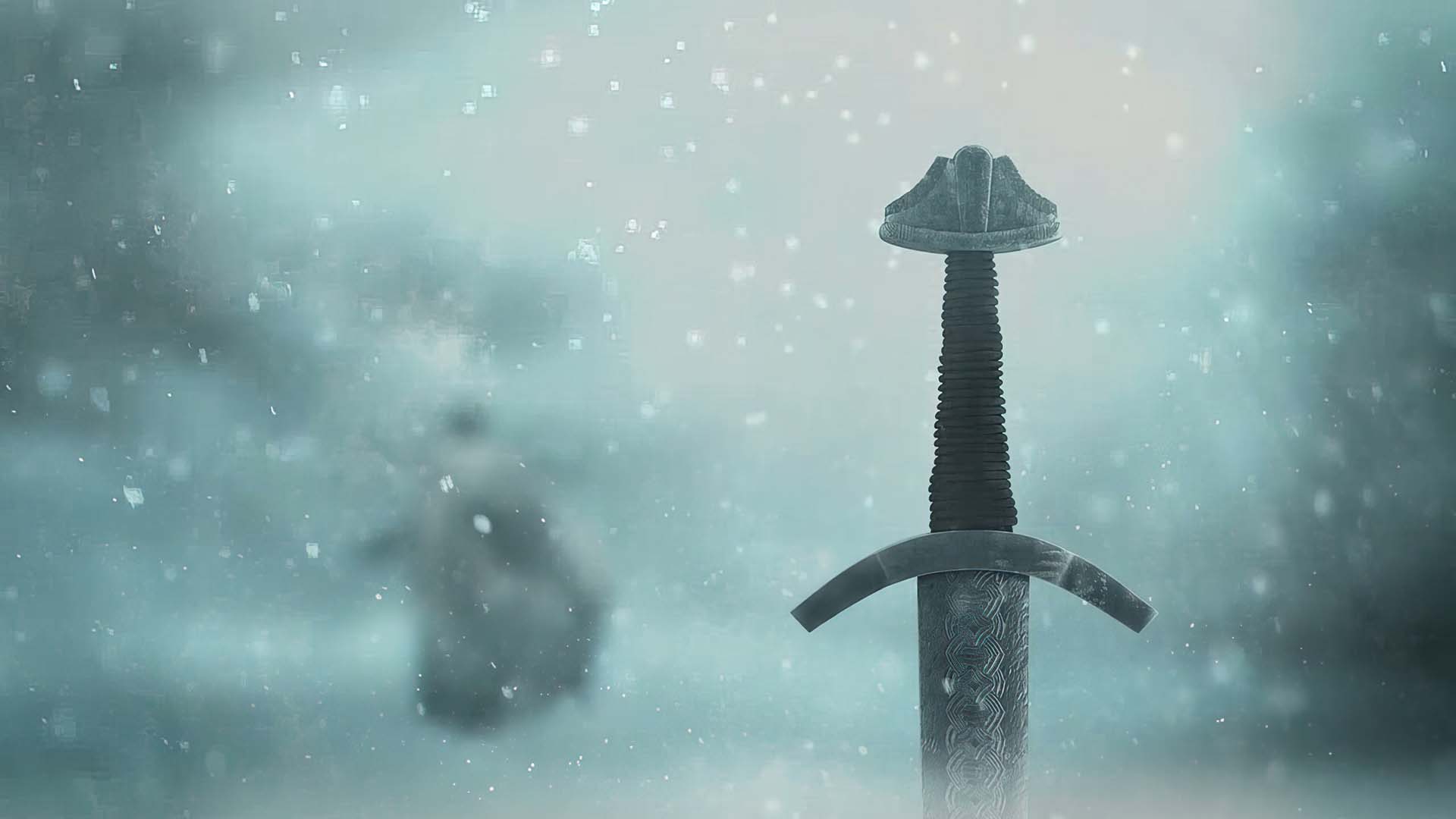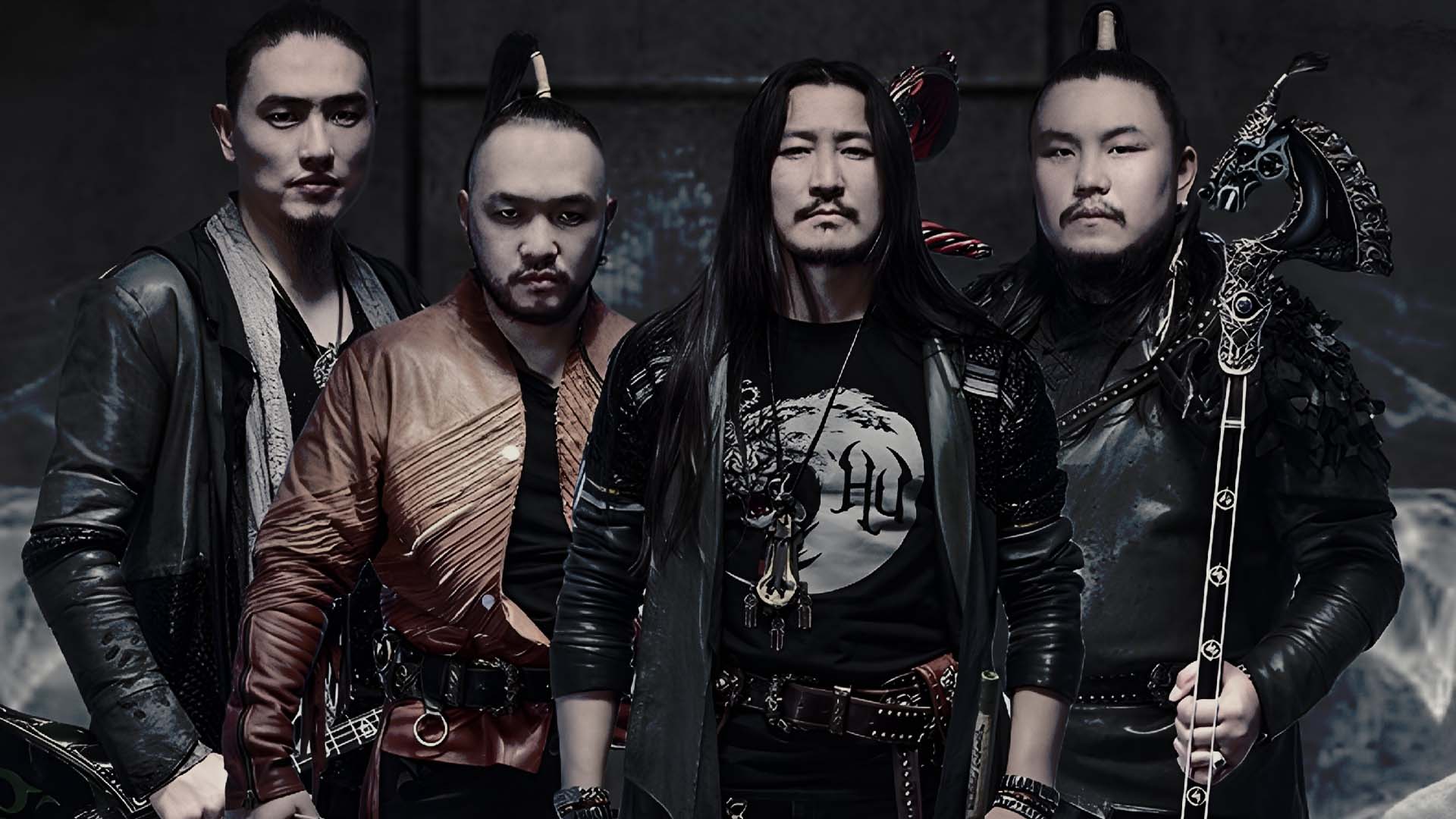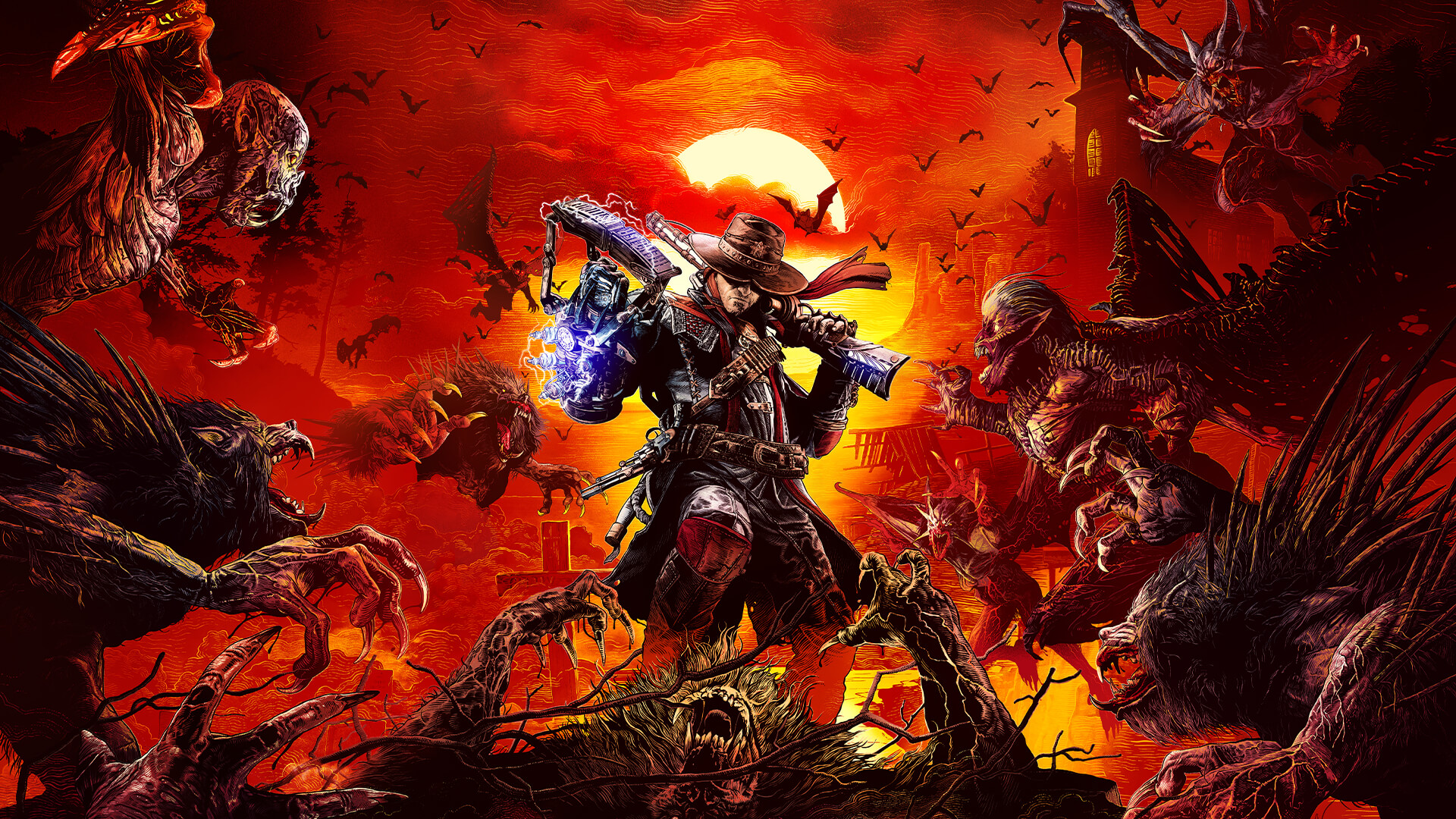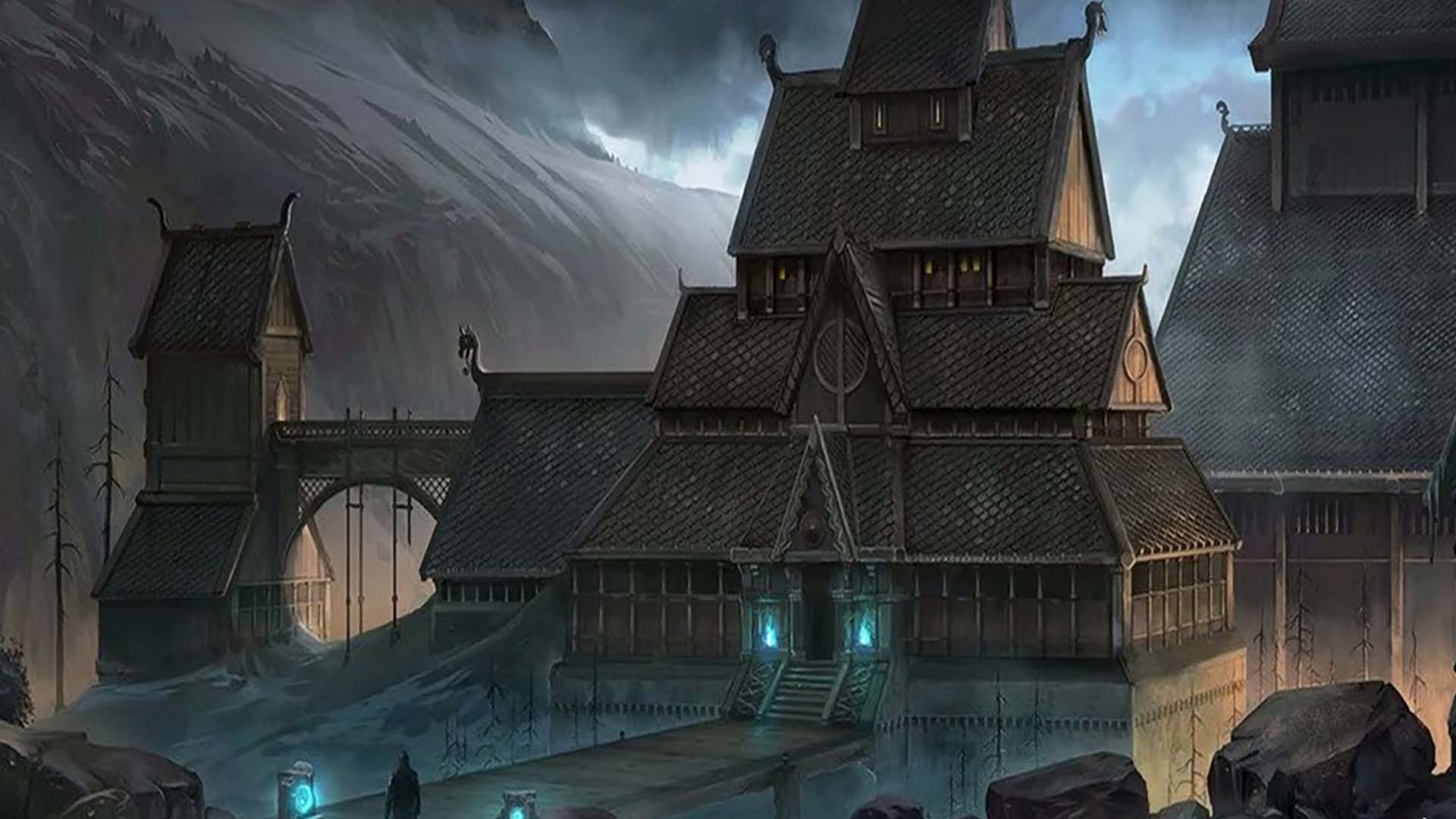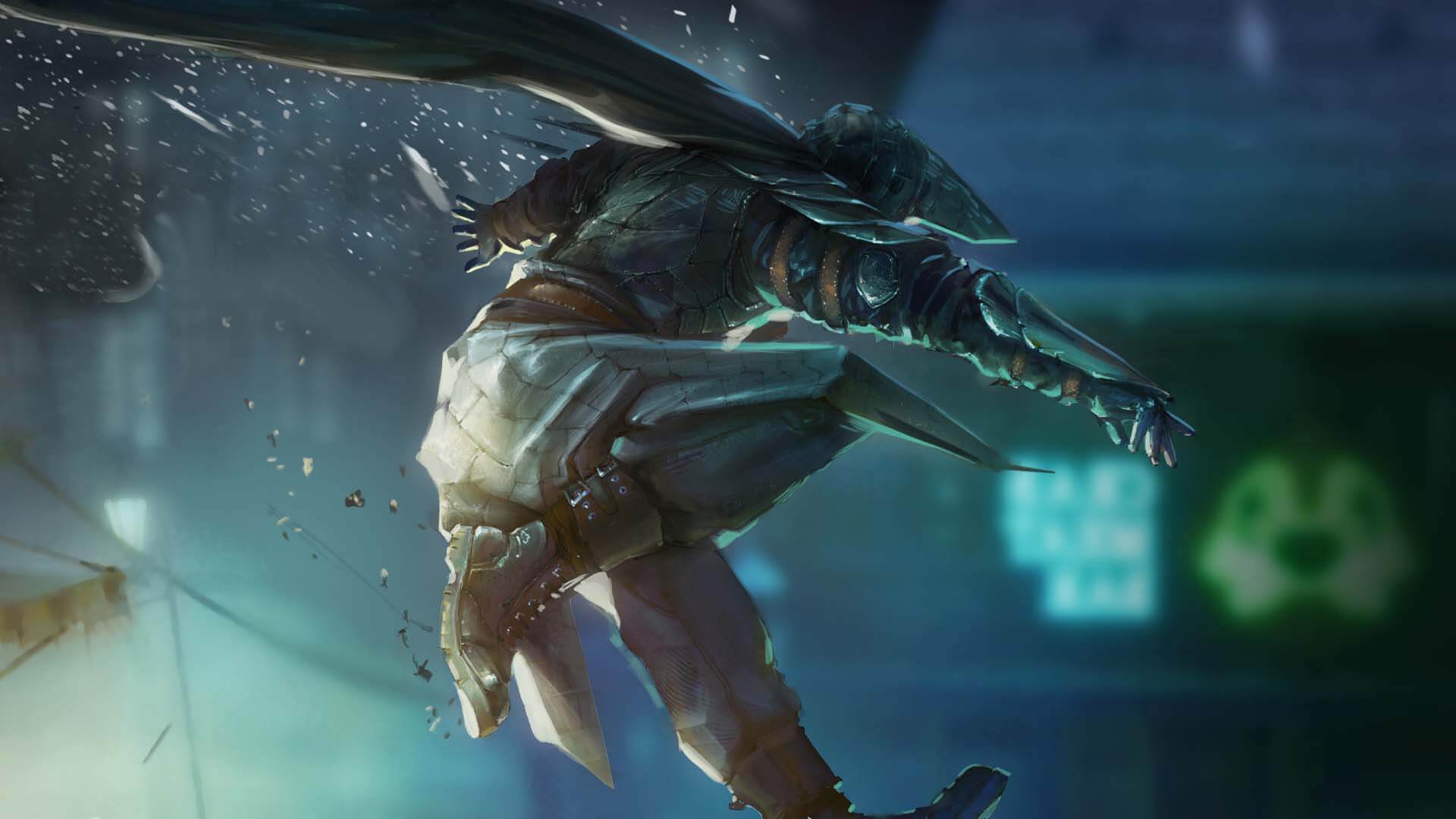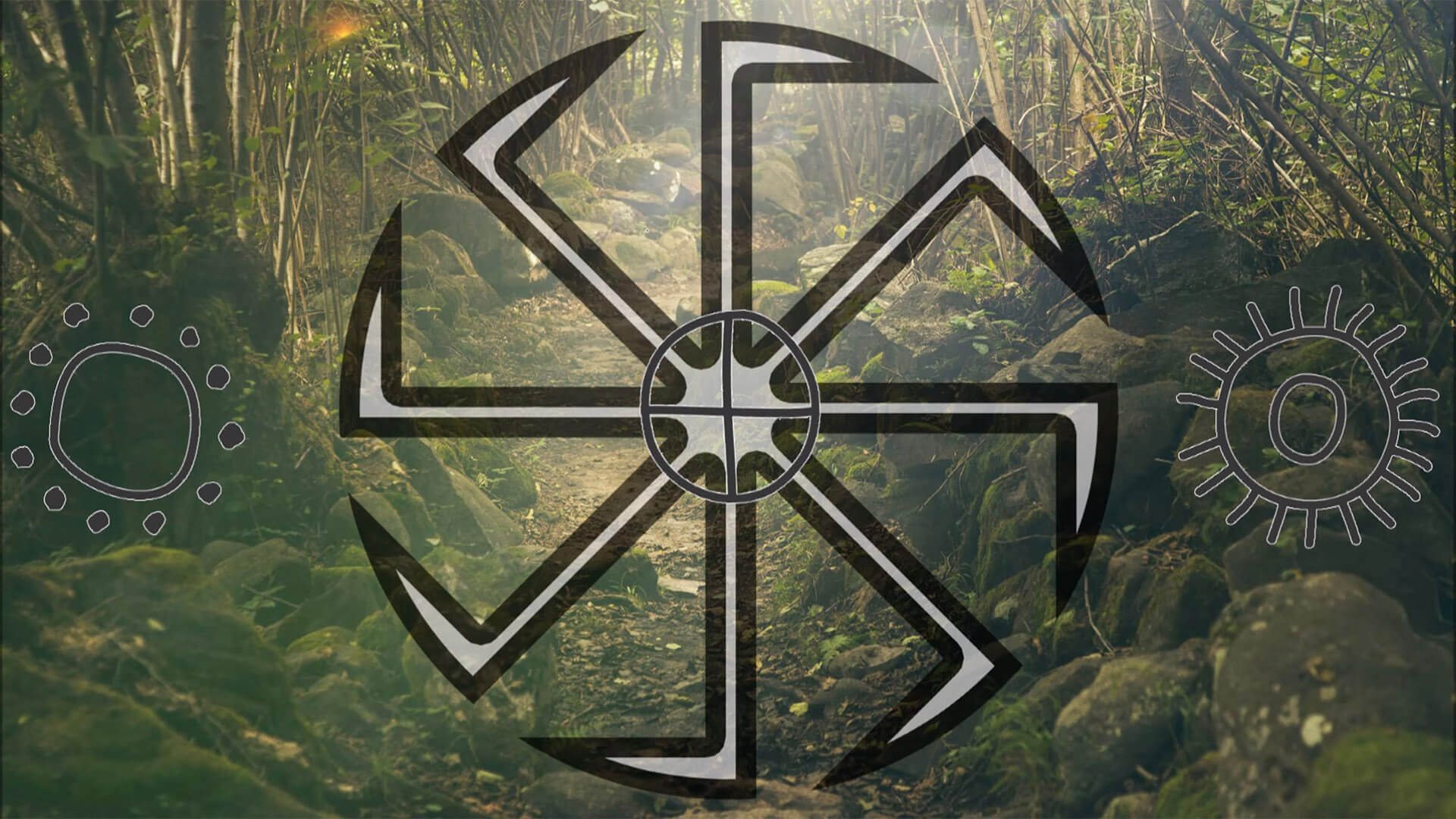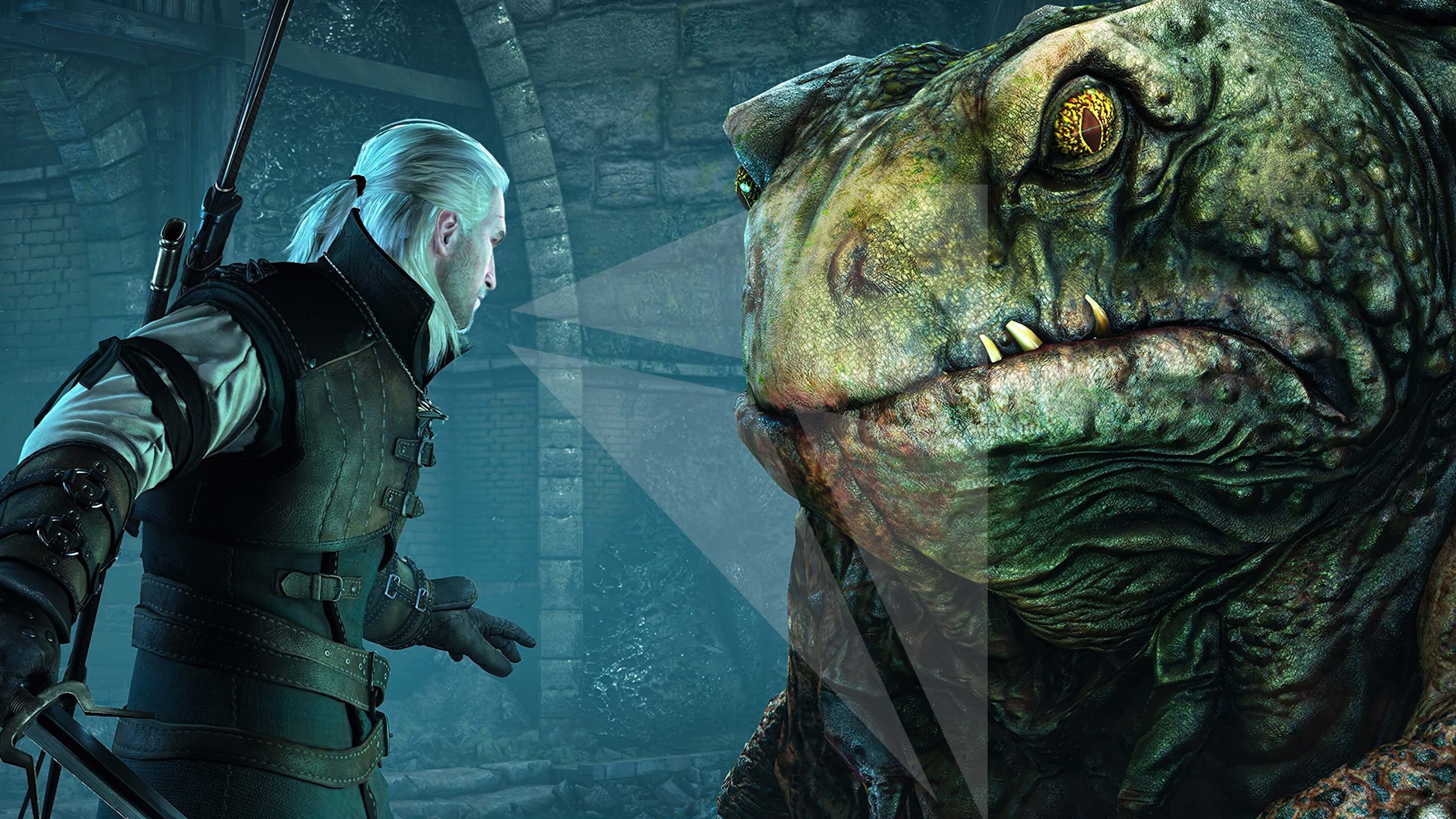April 19, 2021 — Munknörr translates to “ship of the mind” in the Old Norse language and is a neofolk cocktail of mysticism and the arcane. We sat down with Munknörr’s Uruguayan composer and producer, Damián Schneider, who was kind enough to participate.
In search of a more authentic and primitive sound, Munknörr’s unique sound is a result of merging Nordic and Celtic music with shamanic elements from ancient Americas cultures like the Cherokee.
Following the recent release of their totemic single ‘Wolf Spirit’, Munknörr revealed their upcoming studio album will be titled Shaman. The first single ‘Wolf Spirit’ incorporates Native American instruments and symbolism. Shaman will also feature hauntingly beautiful vocals by Greek singer Olga Maragoudaki, who is also known as Aethelwyne.
As Munknörr’s new songs are being worked on, composer and producer Damián Schneider explained,
“…this [upcoming] album [Shaman] will be more ritualistic and tribal, with a more shamanic vibe.”
Munknörr explored the collision of cultures on last year’s EP Vinland, which was inspired by the settlements in North America by Icelandic Vikings who arrived around 1000 CE in what is today North-eastern Canada, and their interaction with the natives which they called Skraelings. The Viking explorer narrative feeds into Munknörr’s vocalizations and flute work, which combined with the Celtic and Norse strings of ‘Wolf Spirit’ evokes a novel sense of shamanic spirituality.
For those just discovering Munknörr, how would you describe the sound of the band and how it has evolved across your albums so far?
Damián Schneider: I like to describe the Munknörr sound as natural and primitive, which is really what we try to achieve. That’s why the atmosphere in our music is very important, we try to make the listener feel like they’re on a journey to the past, a past closer to nature. And the best of all this is that it came very naturally to us.
The album’s sound and topic depend mostly on what I’m reading and digging, and what kind of music I’m listening to at the moment too. For example Eikthyrnir; it’s darker and has some black metal influences because I was listening to a lot of black metal at the time.
Does the search for a primal, pagan shamanic sound in your music connect to a personal sense of spirituality?
DS: Yes, in part, the sound of the project, it’s like an expression of my spirituality and that’s why Munknörr is so diverse too because my beliefs really don’t stick with a particular god or culture. I believe in nature, I’m aware that nature is responsible for the creation of most mythologies of the past so that’s the reason why I love to mix elements of various cultures.
There is a broad range of vocals, from soaring ethereal melodies to throat singing. How do you and Aethelwyne approach the lyrical side of Munknörr?
DS: Most of the songs always start with a drum rhythm and a background, and then melodies in my head. So after I have the melody, sometimes I improvise something or just sing some melody in my head, then I show the song to Aethelwyne and she does the magic. This process is not always the same, sometimes I tell Aethelwyne the exact melody to play, this happens for example in songs like Ostara or Eihwaz, when she sings the same melody as the instrument makes (mostly flute).

Aethelwyne (Olga Maragoudaki)
Being based in Uruguay, but composing music with strong Nordic and Celtic sounds, do you also find any influence in the indigenous culture of your country?
DS: The truth is that I don’t feel influenced by the culture of Uruguay, maybe it’s because I was not born here but in Germany. I don’t know, but I usually read a lot about ancient civilizations from South America (Incas, Mayas, etc.).
While the symbol of the wolf and the woods are common in various cultures and forms of spirituality, there is a sonic shift to Native American instruments and vocalizations in Wolf Spirit. Do you see this as a natural progression from the Vinland EP?
DS: Yes, just before I started making Vinland, I started to be more interested in Native American culture, and chants, so after that Ep I was even more influenced.
The Cherokee flute is a strong addition to your sound, what other experimentation can we expect from Shaman?
DS: Yes, I fell in love with the Native American flute. This album will be the first with this flute.
Shaman will be an album with a lot of drums, a lot! More tribal, and ritualistic, and besides flute I’m using other instruments like Siku (Perú), and as you said, there will be more “shamanic” voices and chants, like Native American.
Are you working on any other projects outside of Munknörr?
DS: Not for now, but I will. My idea is to make an instrumental project with the acoustic guitar since it’s my main instrument. I have played guitar since I was 10 years old.
When can we expect to hear Shaman?
DS: The truth is we are working without a hurry, so maybe in a couple of months, but you know, that can change. In fact, we will release a long meditation video with flute and percussion before the album.
A release date for Munknörr’s fifth album Shaman has yet to be revealed. “Pre-release” single ‘Wolf Spirit’ is available now on all major music services including Spotify and Bandcamp.

